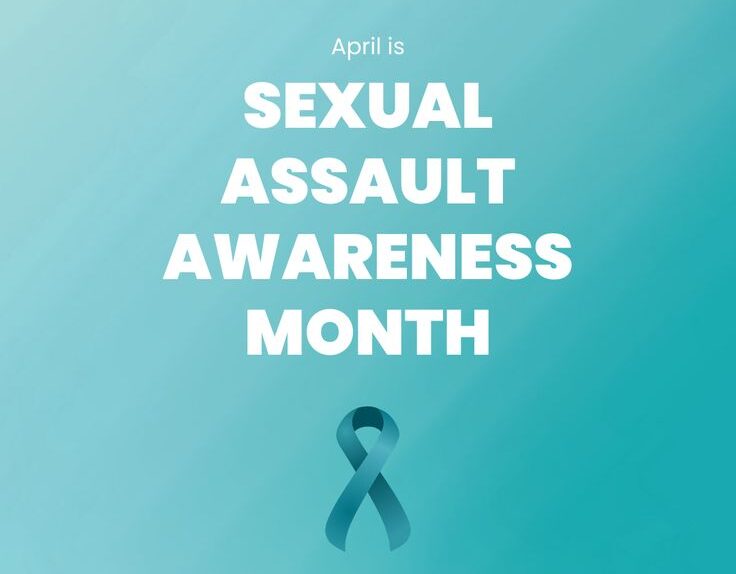Low land ownership rates among Kenyan women
Regardless of the multiple law reforms and gender equity court rulings, women in Kenya remain at a disadvantage when it comes to land ownership. Records from the Kenya Land Alliance
Regardless of the multiple law reforms and gender equity court rulings, women in Kenya remain at a disadvantage when it comes to land ownership. Records from the Kenya Land Alliance shows men owm most of land in the 47 counties. Land owned by women has been recorded as less than five percent in some regions.
The Independent
Below is a list of the percentage of land owned by women versus that of men in different counties;
Kisumu
2.32 for women compared to 97.42 for men
Vihiga
4.53 for women against 94.73 for men
Kitui
12.68 for women against 71.96 for men
Nandi
4.61 women versus 93.49 men
West pokot
4.04 for women over 94.45 for men
Mbeere
13.88 for women versus 84.85 for men
Trans Mara (Narok)
19.04 for women against 76.09 for men
Kwale
11.82 for women over men’s 82.63
South Nyanza
4.53 for women versus 94.73 for men
IN CASE YOU MISSED IT: Bodies of mother and daughter who plunged into the ocean retrieved
Concerns were by Grassroots Organisations Operating in Sisterhood (Groots Kenya) that women in some areas had very minimal to zero ownership of land. During a training on gender the Executive Director of Groots , Fridah Githuku corroborated that land distribution had not changed with relation to gender inequality.
Culture and traditions
Traditions and cultural practices of some communities have contributed to the disparities in land ownership. In some communities for instance, when a woman loses her husband his kin moves in and takes over his land and property, rendering the wife landless. Despite the constitution upholding inheritance of land by daughters, this is hardly put into practice as some communities still believe women belong to the families they are married into, thus have no stake in the family land.
Despite all these, some areas have women owning big chunks of land like Lamu and Embu. In other areas land ownership of men and women is at par.
READ ALSO: The Kenyan matatu experience





